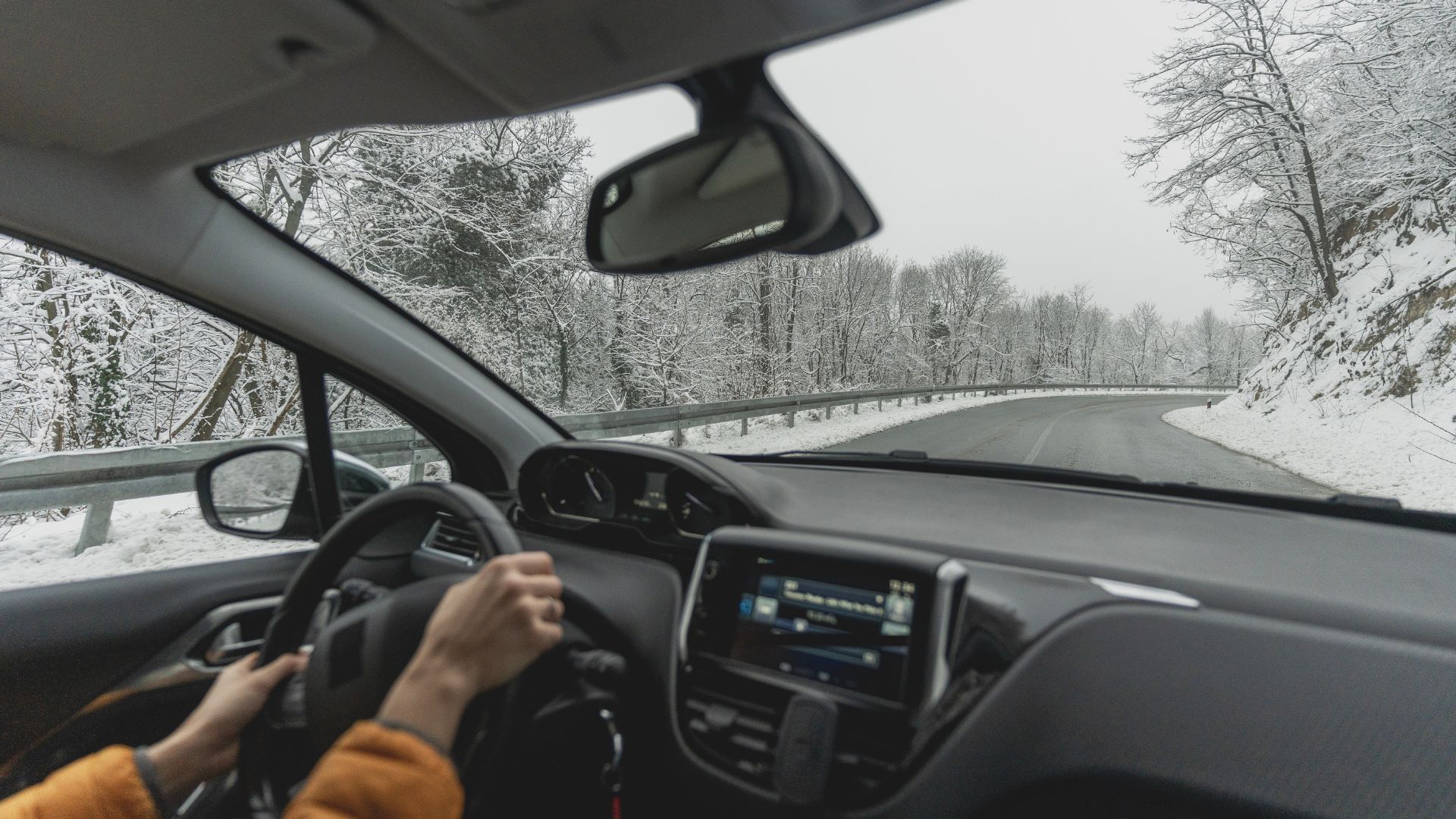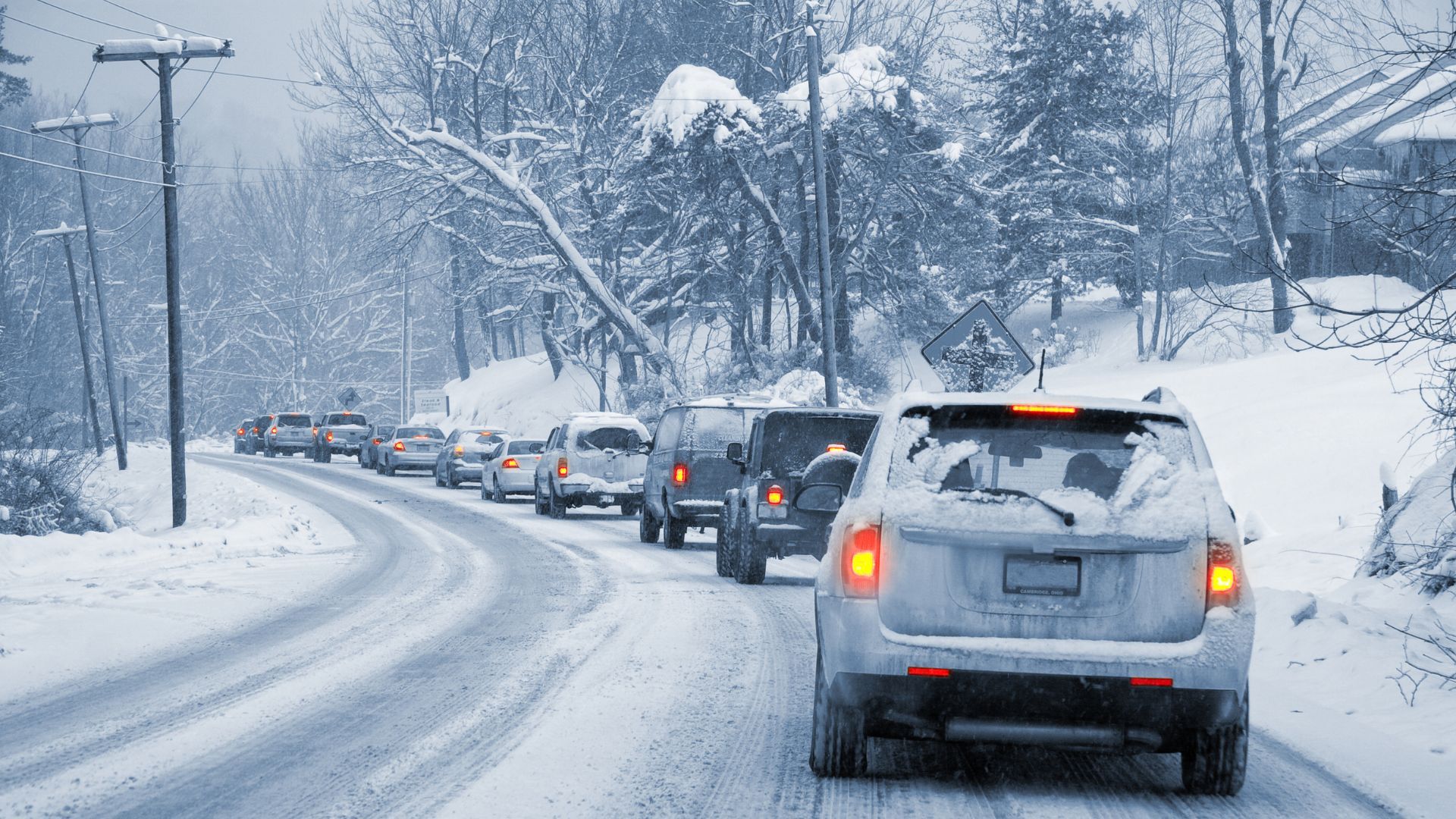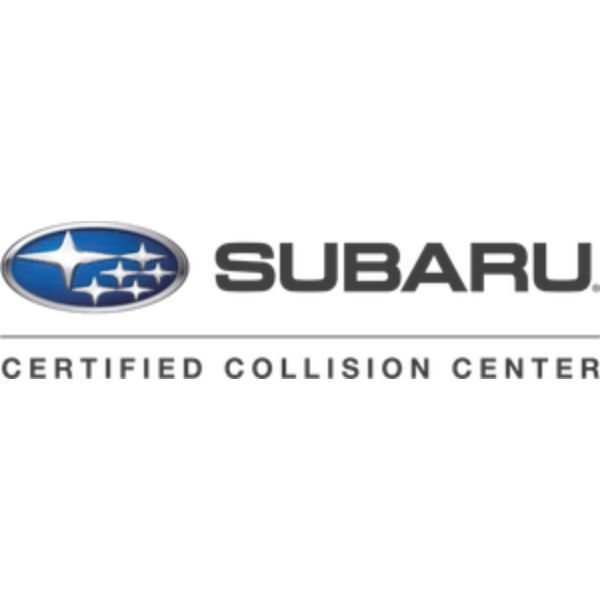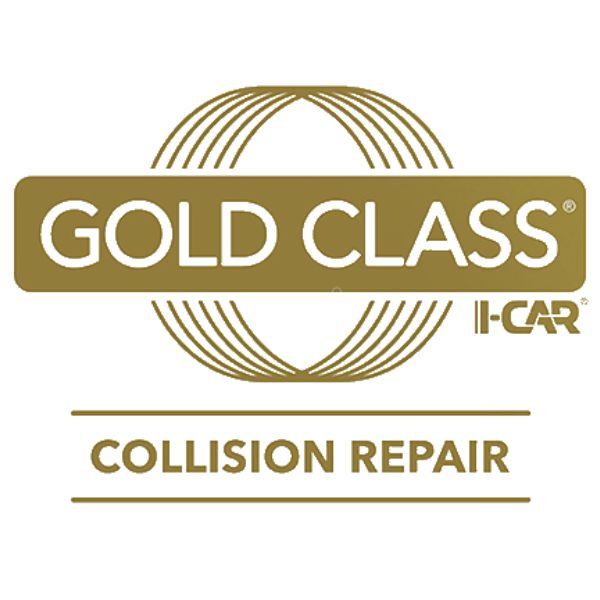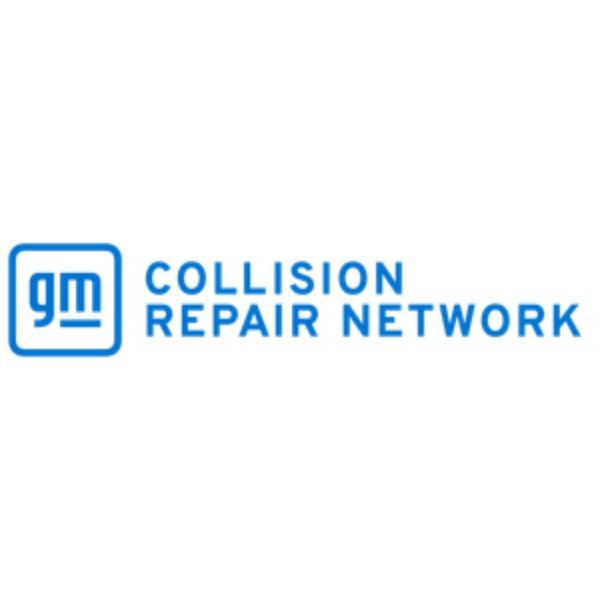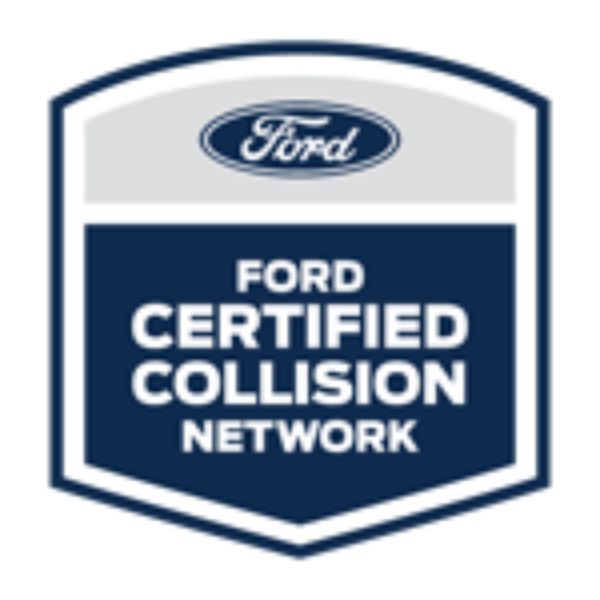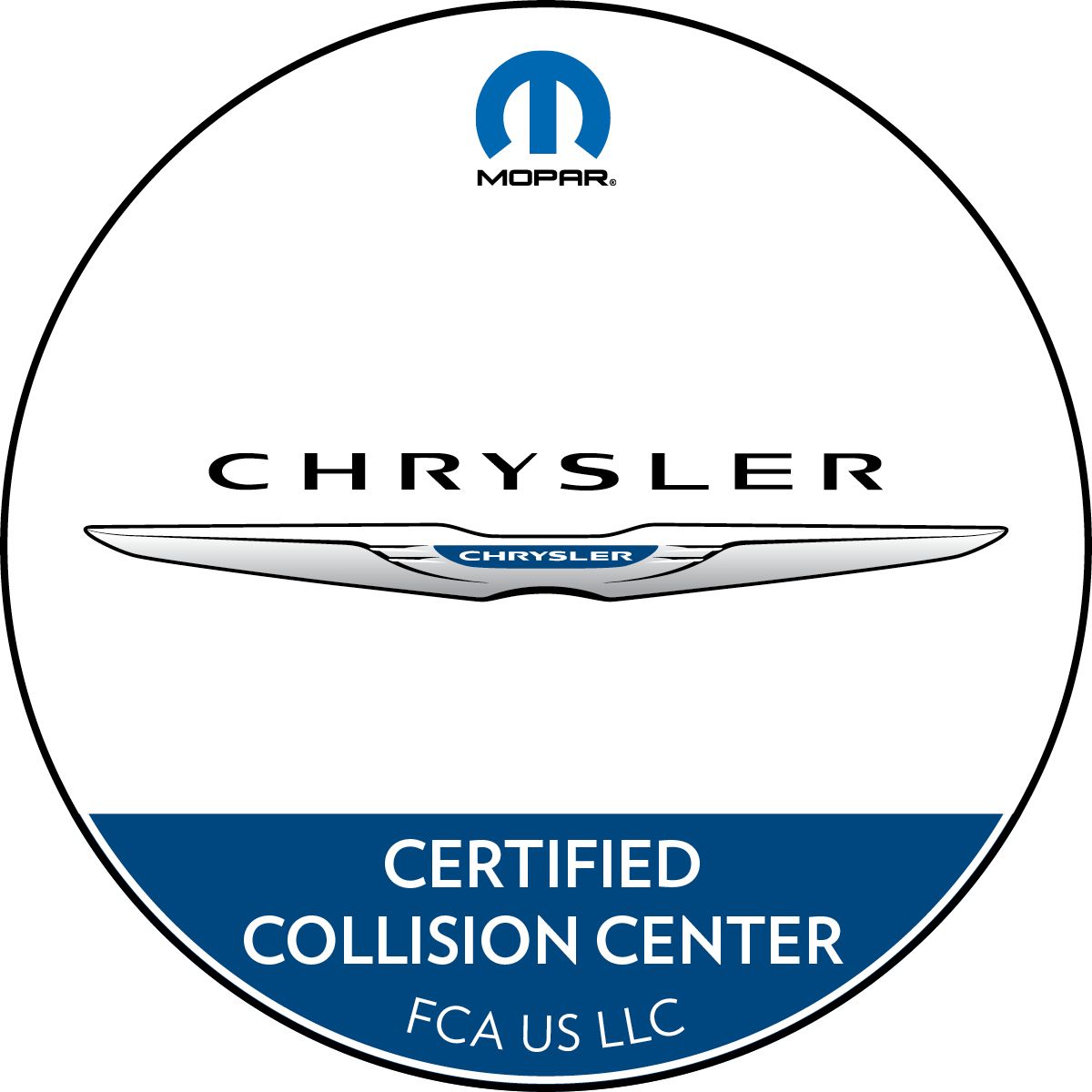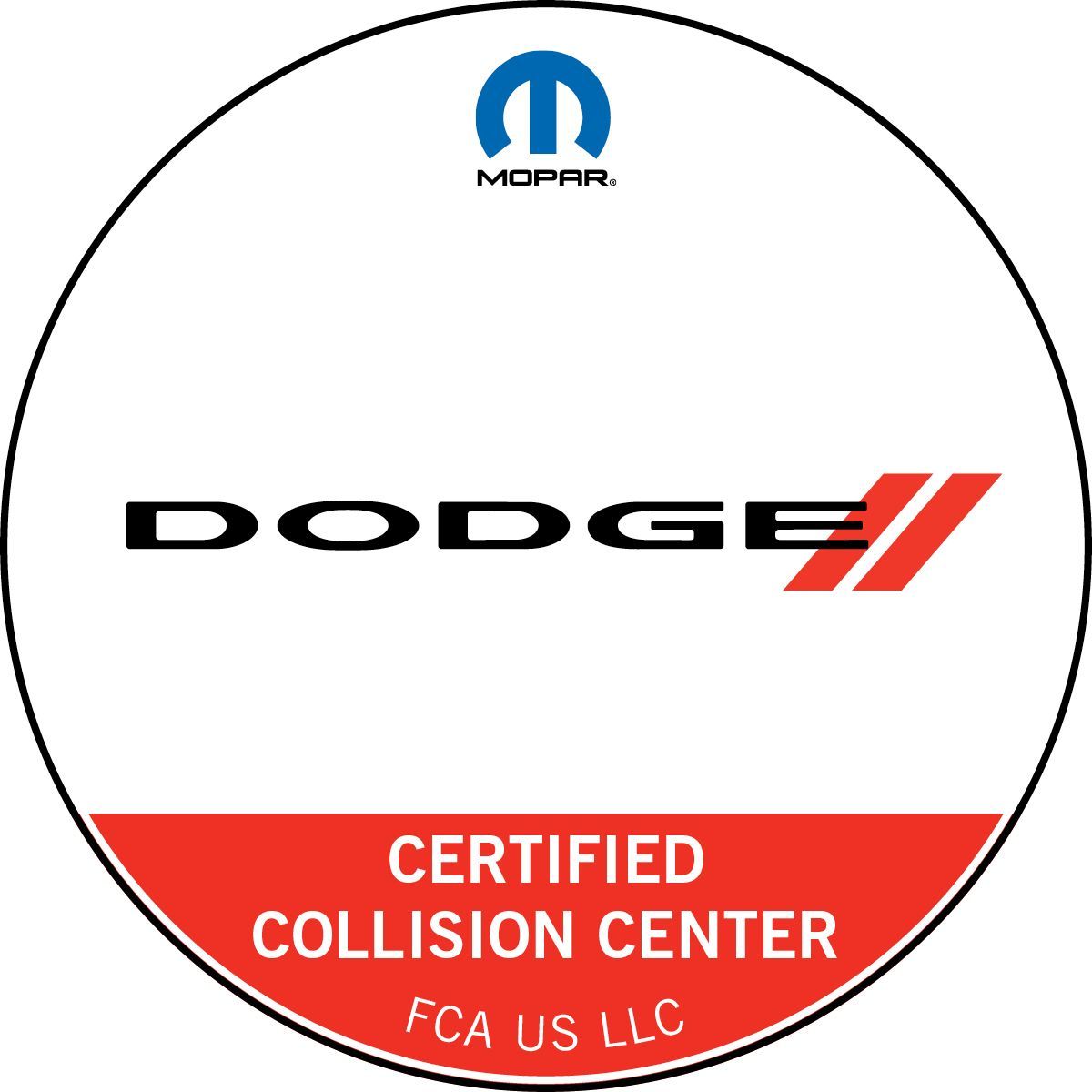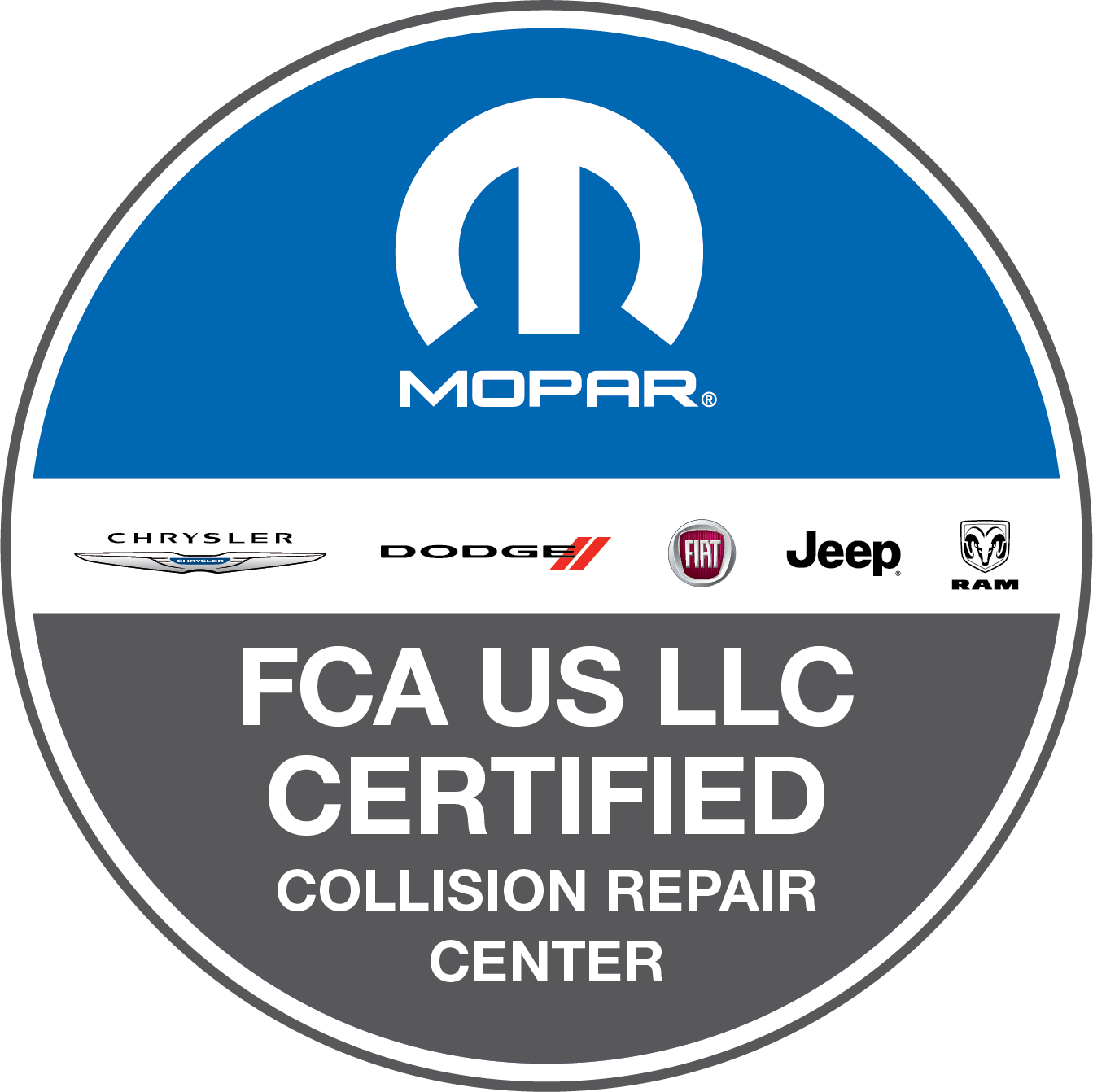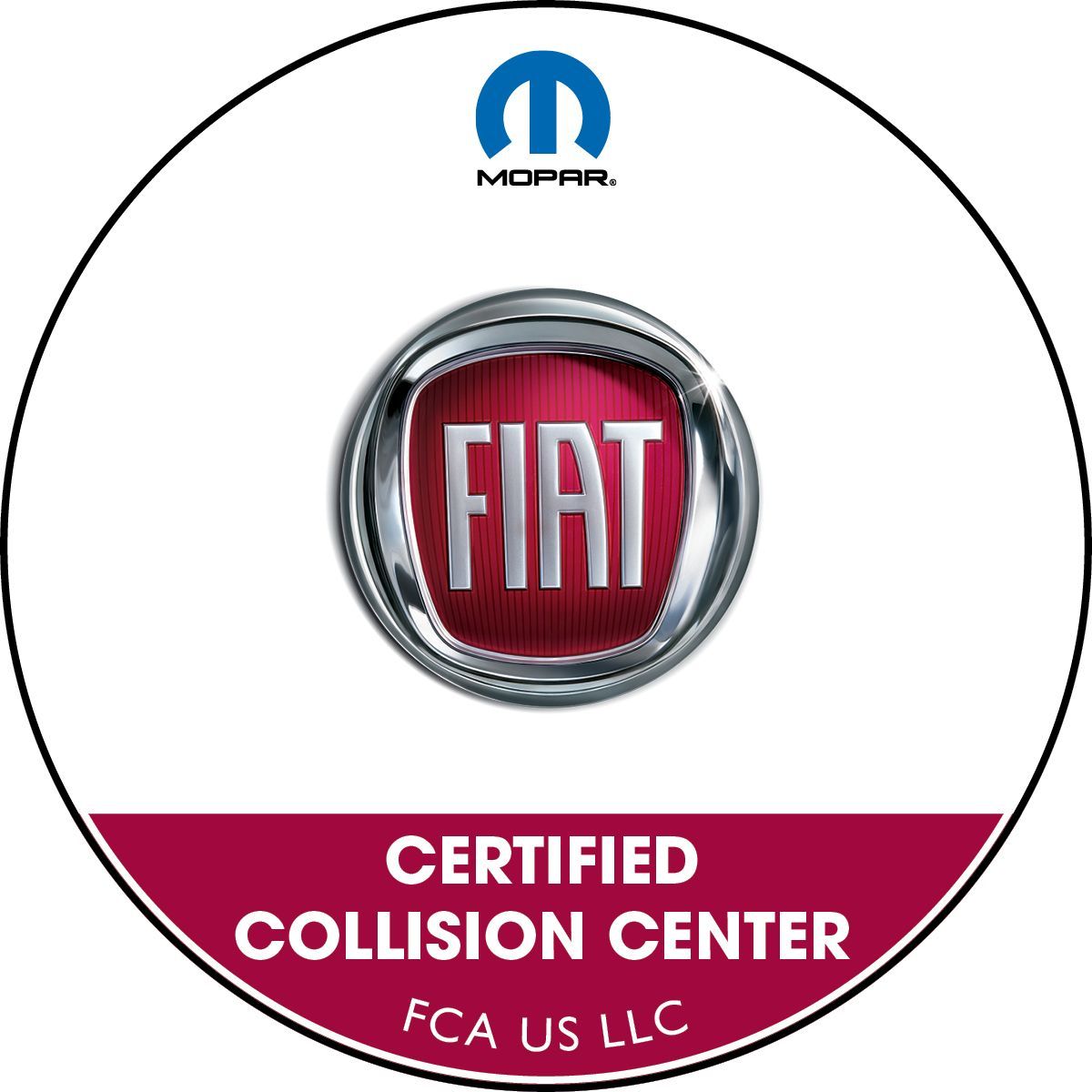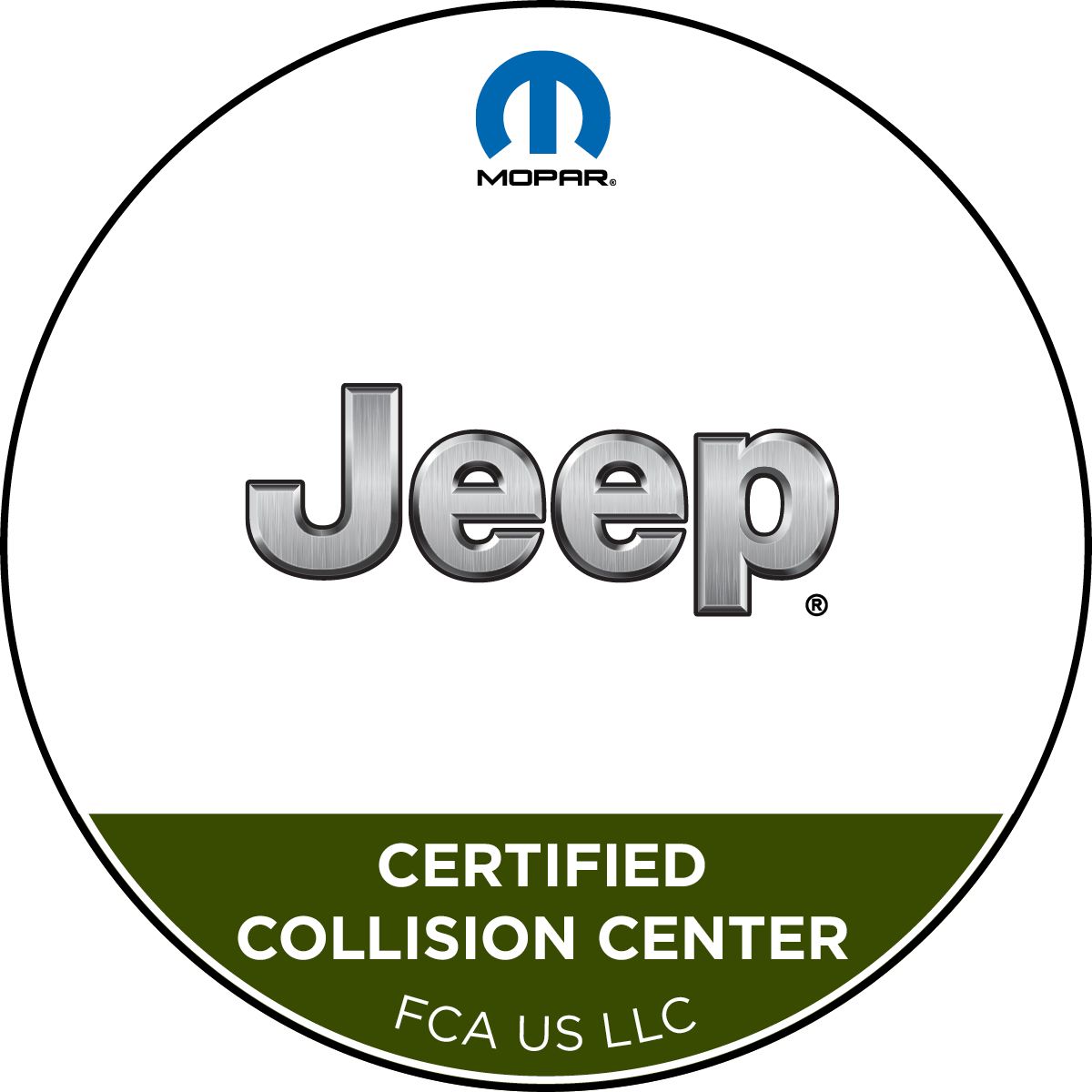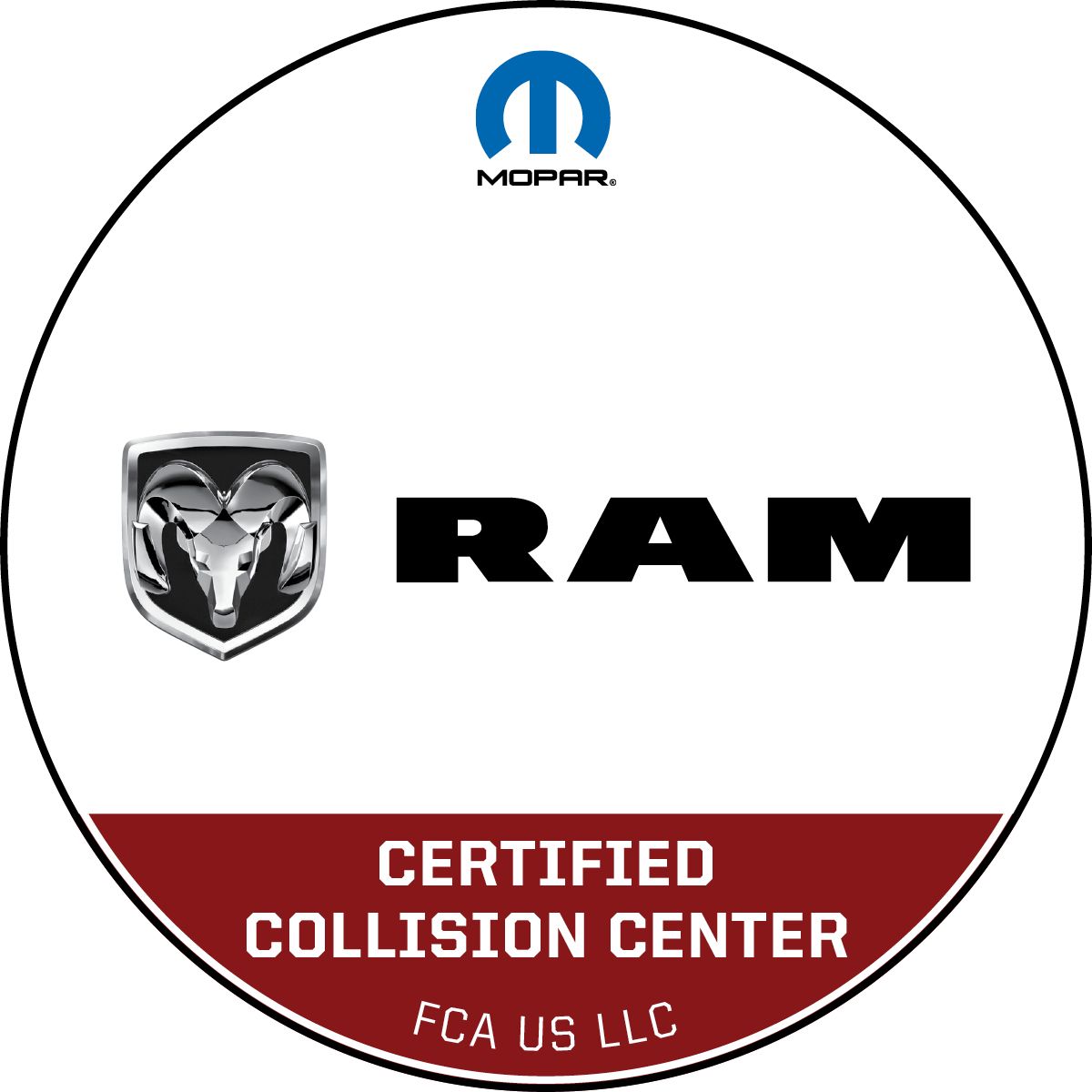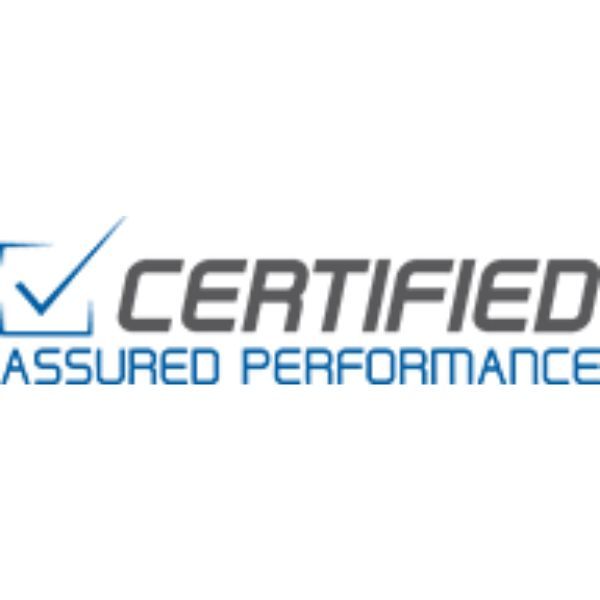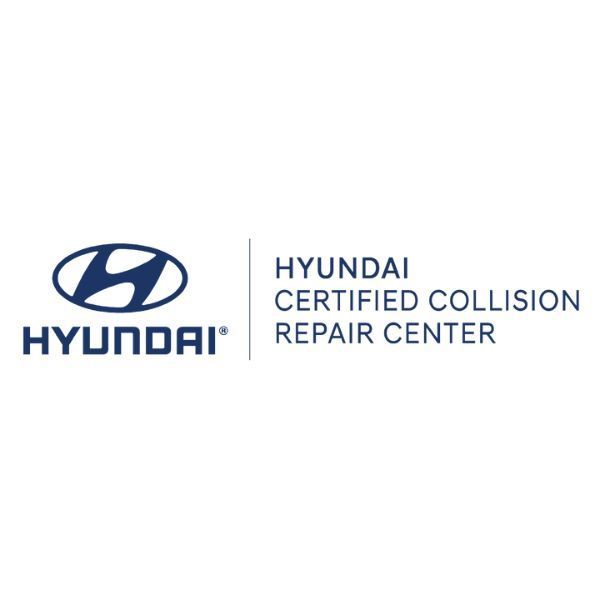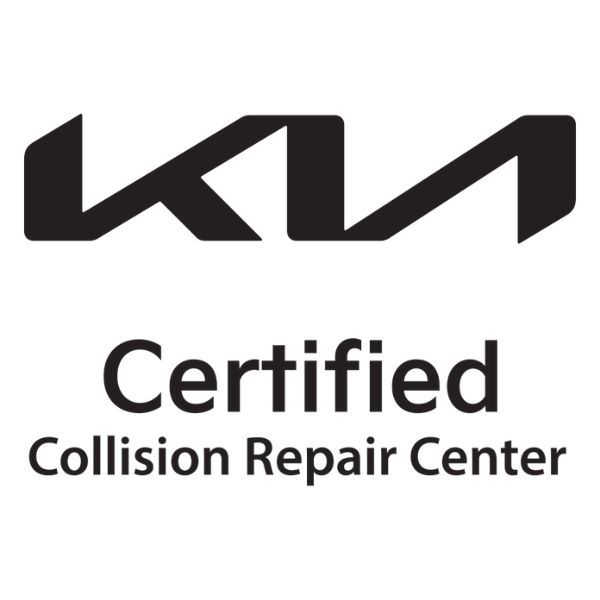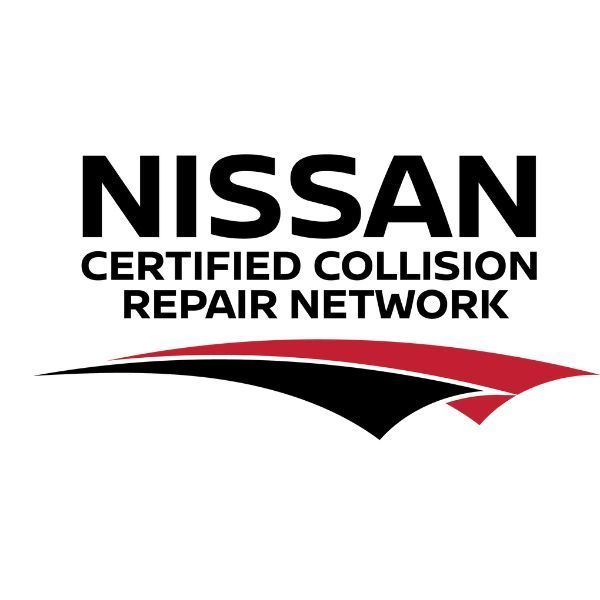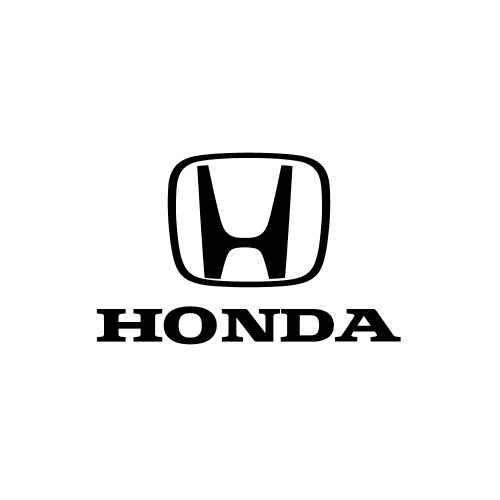Top 5 Questions to Ask After a Car Accident
Being in a car accident is stressful—whether it’s a minor fender bender or a more serious collision. In the moments following a crash, it’s easy to feel overwhelmed. That’s why it’s important to know what questions to ask after a car accident to protect your safety, your legal rights, and your vehicle. At Morrow Collision Center, we’re here to guide you through the process every step of the way.
1. Is Everyone Safe?
Your first priority after any accident should be safety. Check yourself and others for injuries and call 911 immediately if anyone is hurt. Even if the damage seems minor, medical attention is crucial—some injuries don’t appear right away.
Tip: Move to a safe location if possible and turn on your hazard lights.
2. Should I Call the Police?
Yes—always call the police after an accident. A police report provides an official record of the crash and is often required by insurance companies. The report can help determine fault and protect you from fraudulent claims.
Tip: Get the name and badge number of the responding officer and ask how to get a copy of the report.
3. What Information Should I Exchange?
You’ll need to collect and share the following information:
- Full names and contact details
- Insurance company names and policy numbers
- Driver’s license numbers
- License plate numbers
- Make, model, and color of the vehicles involved
Tip: Take photos of the vehicles, damage, accident scene, and any injuries. Pay attention to conditions, i.e. rain, snow, sun. Provide additional information to interested parties, authorities or insurance companies to aid in their decision making.
4. Do I Need to Notify My Insurance Company?
Yes, it’s important to report the accident to your insurance provider as soon as possible. Give them accurate details but avoid admitting fault—that’s for the professionals to determine.
Not sure what to say? Contact Morrow Collision Center—we’ve worked with every major insurance company and can help navigate your claim.
5. Where Should I Take My Vehicle for Repairs?
You have the right to choose your repair shop—not your insurance company. Trust a certified, local collision repair center like Morrow Collision in Lincoln, Nebraska. We offer:
- Free estimates
- Certified technicians
- Lifetime warranty on repairs
- Fast, friendly, and transparent service
Don’t settle for less. Choose a repair shop that puts your safety and satisfaction first.
Why Choose Morrow Collision Center?
With over 20 years of experience serving Nebraska drivers, Morrow Collision Center is your trusted partner in auto body repair. Whether you've been in a minor accident or need major collision repair, we're here to get you back on the road safely and efficiently.
Need Help After an Accident?
Call Morrow Collision Center at (402) 477-2224 today!
Share
More Blog Posts
